C. M. Rubin’s Monthly Global Education Round-Up
Global problem solvers are in high demand. Just google Re-Imagine Education and check out the wealth of conferences and events focused on what learning matters to ensure individuals have the skills to think like entrepreneurs and collaborate with people from all backgrounds.
What lessons can we learn from the 15 year-old girls who outperformed boys in collaborative problem solving in every country around the world, according to the new study by the OECD? In our interview with Andreas Schleicher, Director for the Directorate of Education and Skills at the OECD, ele observa, “As meninas mostram atitudes mais positivas em relação a relacionamentos, meaning that they tend to be more interested in others’ opinions and want others to succeed.”
Singularidade. É discutido pelos futuristas e por cientistas. Em seguida, há o resto de nós lutando para obter as nossas cabeças em torno da “realidade” que dentro de uma década ou mais, Artificial Intelligence will change everything. AI can do good and harm, so do we need to regulate it now before it becomes a danger to humanity? Pedimos Millennials around the world to weigh in. “We are experiencing a time where five companies are holding most of the economical (e até mesmo política) poder no mundo: Facebook, Alfabeto, Amazonas, Apple e Microsoft,” stresses Reetta Heiskanen. “Devemos pensar sobre questões fundamentais: quais são os elementos que fazem humano um ser humano? E quais são os ingredientes que nos ajudam a executar a nossa própria, potencial individual?” Sajia Darwish comments, “It is crucial to control the power and availability of AI in order to prevent the dominance of powerful companies with large amounts of data and funding.” And Wilson Carter reflects, “it saddens me to think that a technology that could improve the lives of billions, like implementing autonomous farming to ensure all of the world’s peoples are sufficiently fed, is being warped into creating new age killing machines.”
“A combinação de grandes mestres e sofisticada AI poderia ser transformadora,” according to global thought leader and educationist Sir Michael Barber, que falou com a gente este mês. Barber notes that the future will not be about choosing between teachers and AI although “fewer, more sophisticated teachers will combine with machines that relieve them of drudgery and provide a powerful evidence base for their teaching.”
Todos os inovadores se sentem desafiados em diferentes pontos porque é apenas parte do trabalho. Então, como vamos ensinar aos jovens que lutam é bom, trabalhando duro é bom, olhando para trás em seus erros é bom, e encontrar novas maneiras de resolver problemas difíceis é realmente bom, porque todas estas coisas são partes importantes de nosso aprendizado. Nossa Professor global Bloggers são pioneiros e inovadores em áreas como integração de tecnologia, matemática treinador, educação especial, ensino de ciências, e equidade de género. Este mês pedimos: Como podemos melhor incutir uma idéia do risco e lutar em estudantes? “O que se nos concentrarmos sobre o processo e a viagem mais do que o destino,", Escreve Jim Tuscano, and “align all areas or aspects of learning to support growth mindset,” such as giving students time “to explore, trabalhar com os outros, and to always go back and reflect on what they are learning.” Elisa Guerra Cruz suggests portraying the whole story when we teach history, ciência e arte: “the pains as well as the gains, o lado humano entrelaçada com o brilho, os desafios, juntamente com a glória,” because when we “take failure out of the equation and embrace struggling as part of the journey, aprendizagem torna-se mais uma vez a alegria, stimulating gift it was always meant to be.” Rashmi Kathuria recommends instilling “the idea of risk and struggle” by creating activities where students, by engaging, “get a scope to use their life skills and strengthen them…when someone goes an extra mile they do more than is expected of them.”
STEM and STEAM advocates will enjoy our conversation with Derek, co-fundador do novo aplicativo “Py”, which offers interactive courses on everything from Python to iOS development. “We specifically write our content using language that even young children can understand,” says Lo. His company is focused on changing people’s image of “who a coder is” and encouraging girls to get into coding.
Os nossos agradecimentos mais uma vez a todos os nossos professores surpreendentes, Millennials, outros colaboradores e apoiantes em todo o mundo. Estamos ansiosos para mais de suas contribuições no próximo mês. Quando se trata do mundo das crianças, há sempre mais trabalho a ser feito.
(As fotos são cortesia de CMRubinWorld)
C. M. Rubin
Junte-se a mim e líderes de renome mundial, incluindo Sir Michael Barber (Reino Unido), Dr. Michael Bloco (EUA), Dr. Leon Botstein (EUA), Professor Clay Christensen (EUA), Dr. Linda, Darling-Hammond (EUA), Dr. MadhavChavan (Índia), Charles Fadel (EUA), Professor Michael Fullan (Canadá), Professor Howard Gardner (EUA), Professor Andy Hargreaves (EUA), Professor Yvonne Hellman (Holanda), Professor Kristin Helstad (Noruega), Jean Hendrickson (EUA), Professor Rose Hipkins (Nova Zelândia), Professor Cornelia Hoogland (Canadá), Honrosa Jeff Johnson (Canadá), Senhora. Chantal Kaufmann (Bélgica), Dr. EijaKauppinen (Finlândia), Secretário TapioKosunen Estado (Finlândia), Professor Dominique Lafontaine (Bélgica), Professor Hugh Lauder (Reino Unido), Senhor Ken Macdonald (Reino Unido), Professor Geoff Mestres (Austrália), Professor Barry McGaw (Austrália), Shiv Nadar (Índia), Professor R. Natarajan (Índia), Dr. PAK NG (Cingapura), Dr. Denise Papa (US), Sridhar Rajagopalan (Índia), Dr. Diane Ravitch (EUA), Richard Wilson Riley (EUA), Sir Ken Robinson (Reino Unido), Professor Pasi Sahlberg (Finlândia), Professor Manabu Sato (Japão), Andreas Schleicher (PISA, OCDE), Dr. Anthony Seldon (Reino Unido), Dr. David Shaffer (EUA), Dr. Kirsten Immersive Are (Noruega), Chanceler Stephen Spahn (EUA), Yves Theze (LyceeFrancais EUA), Professor Charles Ungerleider (Canadá), Professor Tony Wagner (EUA), Sir David Watson (Reino Unido), Professor Dylan Wiliam (Reino Unido), Dr. Mark Wormald (Reino Unido), Professor Theo Wubbels (Holanda), Professor Michael Young (Reino Unido), e Professor Minxuan Zhang (China) como eles exploram as grandes questões da educação imagem que todas as nações enfrentam hoje.
A Pesquisa Global para Educação Comunitária Página
C. M. Rubin é o autor de duas séries on-line lido pelo qual ela recebeu uma 2011 Upton Sinclair prêmio, "The Search Global pela Educação" e "Como vamos ler?"Ela também é o autor de três livros mais vendidos, Incluindo The Real Alice no País das Maravilhas, é o editor de CMRubinWorld e é um Disruptor Fundação Fellow.
Siga C. M. Rubin no Twitter: www.twitter.com/@cmrubinworld

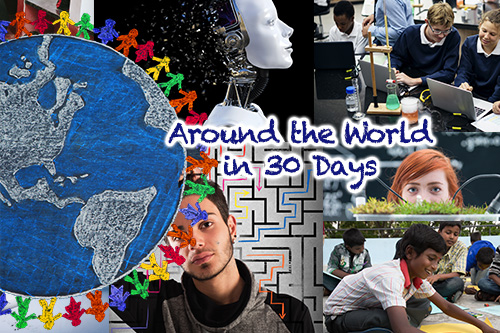
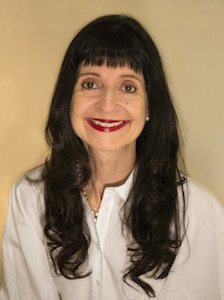
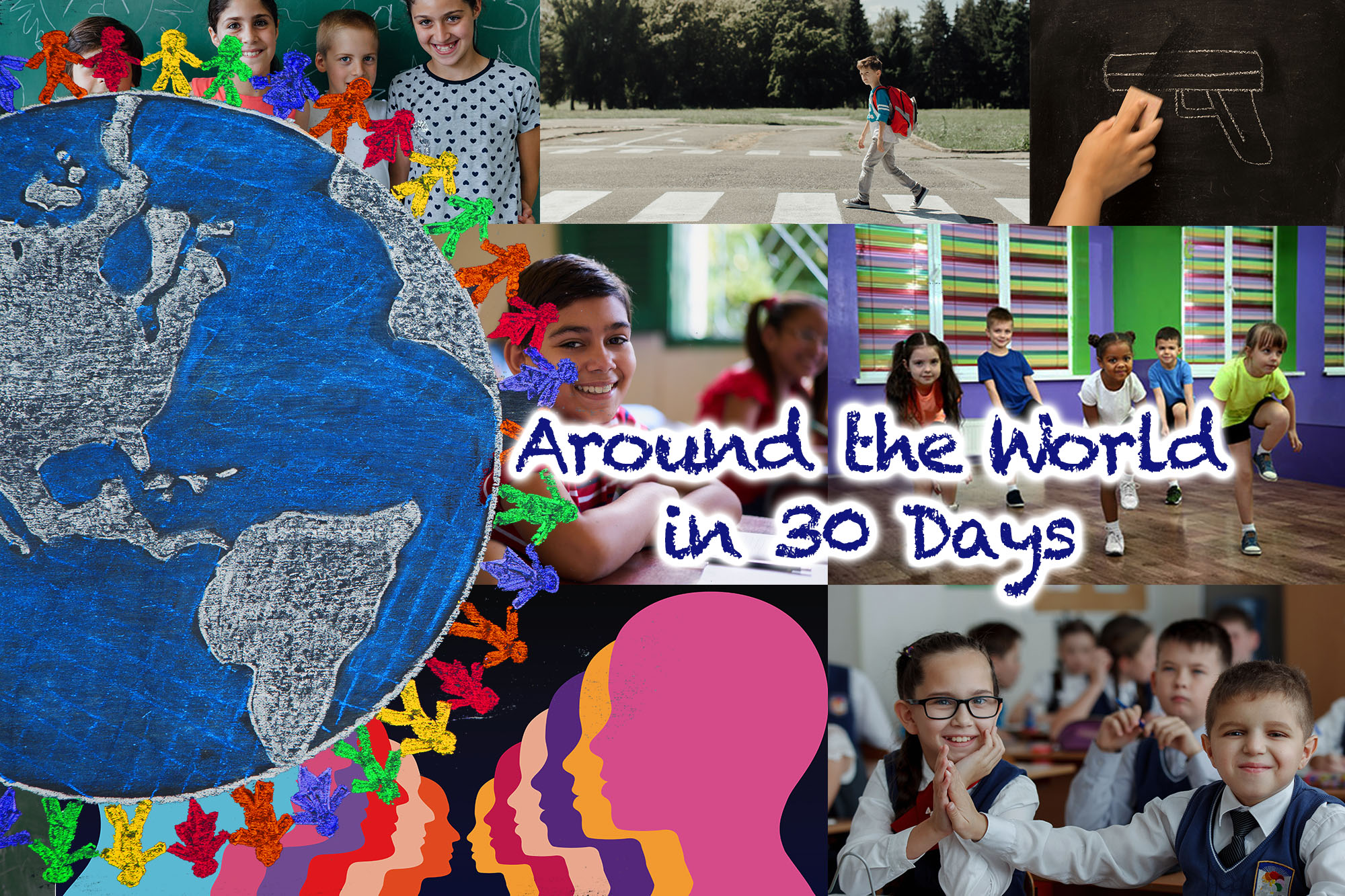
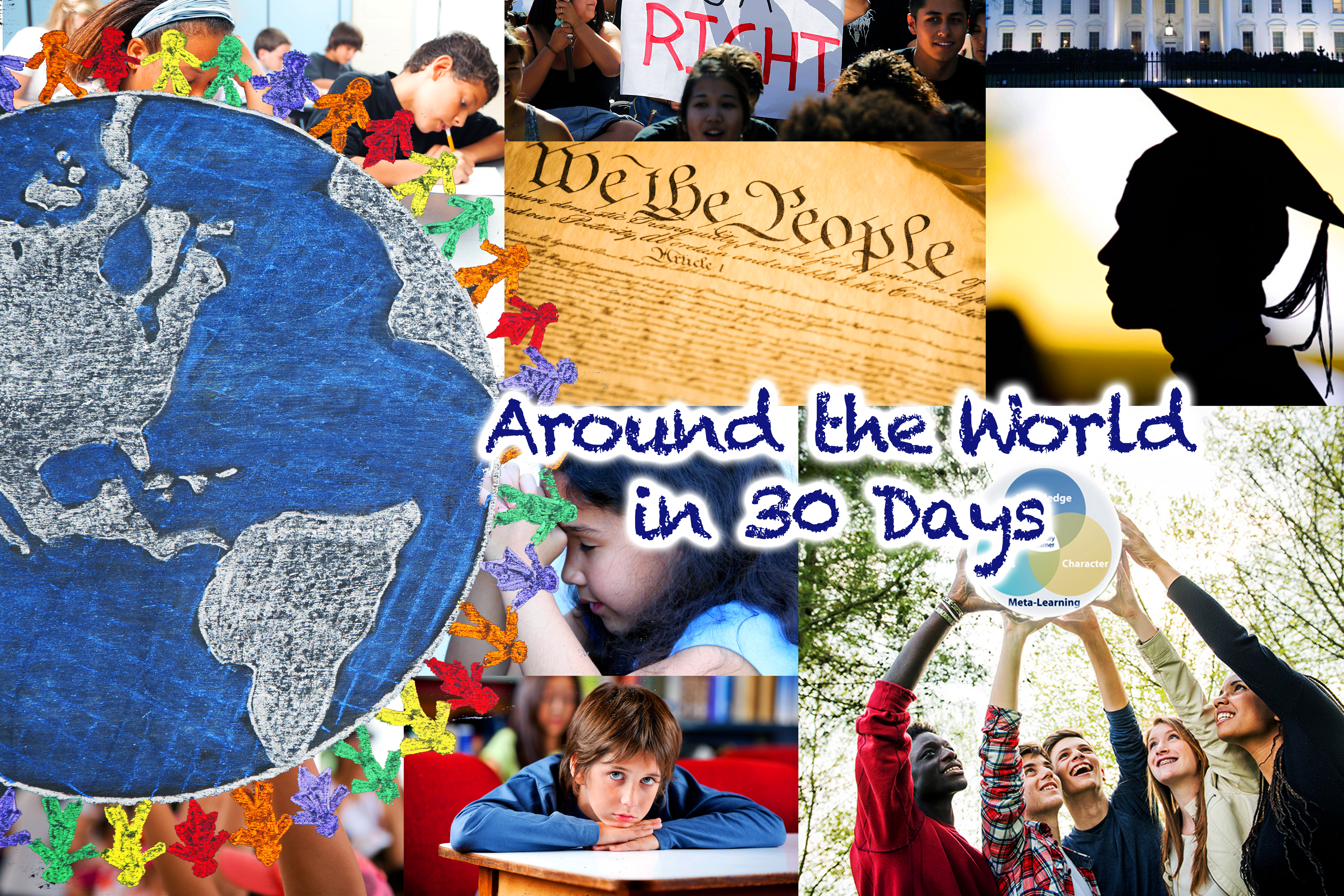

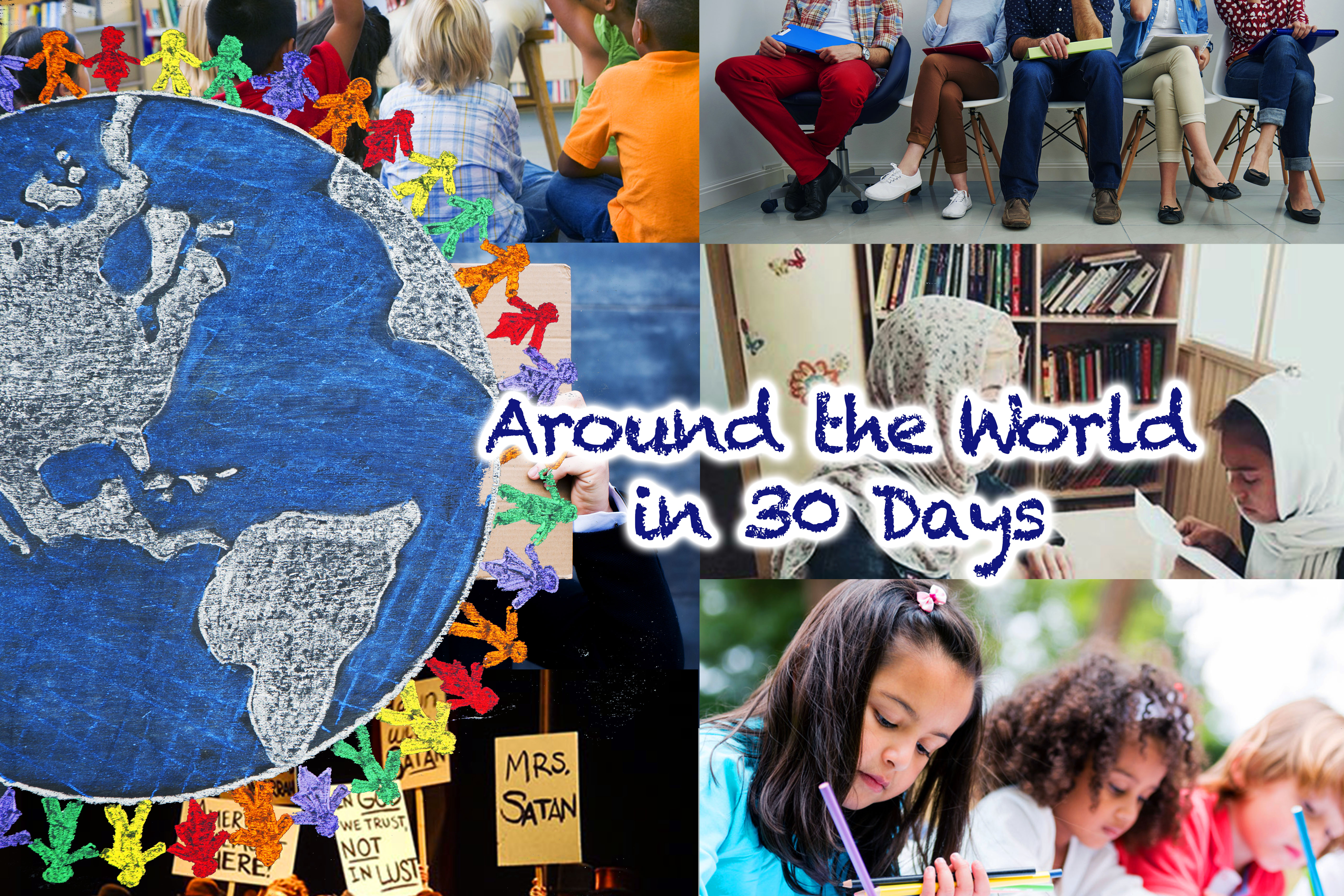
Comentários Recentes